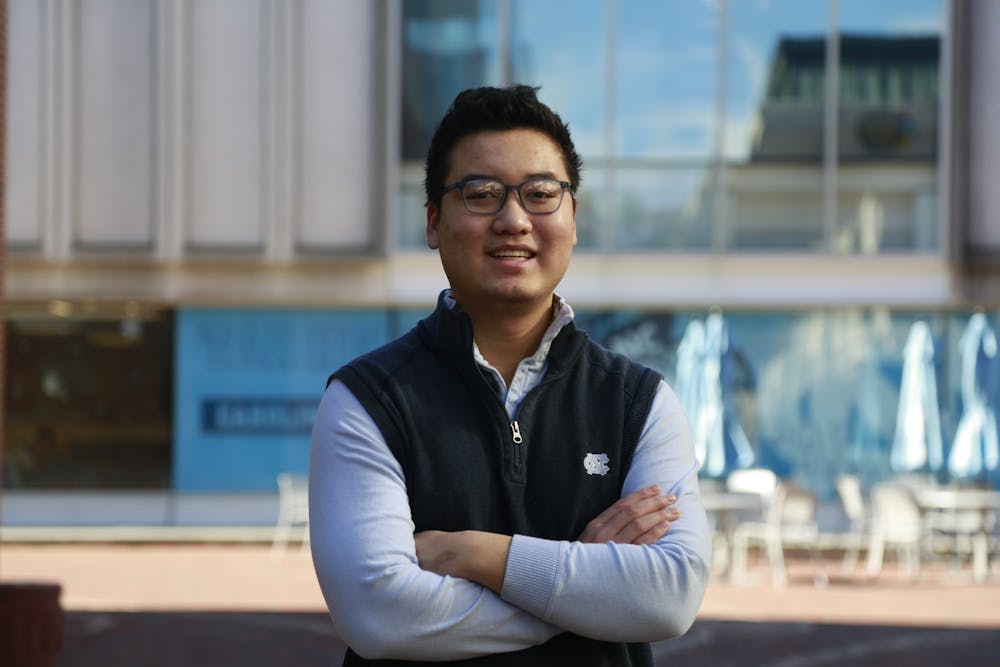UNC's Peer-Based Support Network is a program designed to promote student mental and emotional wellness through weekly group discussion sessions led by facilitators trained by the UNC School of Social Work.
PBSN is led by the Mental Health Committee in Student Government and Mental Health Ambassadors.
"It is both a benefit to the student body and part of an ongoing research project that will hopefully advance the field of clinical therapy by looking at the effects of intervention on student mental and emotional wellness," Luke Nguyen, co-president of the Mental Health Ambassadors, said in an email.
Niya Patel, program developer and member of the research team, said the network is targeted toward a subgroup of students who were identified as needing support, but may not necessarily require long-term and off-campus therapy.
Patel said UNC Counseling and Psychological Services is unable to allocate sufficient resources for this subgroup.
“That was kind of the intention of starting the peer support program — to fill in that gap that CAPS doesn’t really have the resources or the time to address," Patel said. "And who better to understand what Carolina students go through than other Carolina students?"
Peer support was one of the gaps identified in the UNC Mental Health Task Force, an administrative body convened last year to evaluate the scope of mental health services on campus, Nikhil Rao, co-chairperson of the Mental Health Committee in student government, said.
Rao said one of the recommendations the task force made was to invest more in peer support, which is what PBSN intends to do.
“It’s this idea of addressing preventative care, meeting people where they are right now, instead of waiting for all of the stress and everything that people have going on to take its toll,” Patel said.




